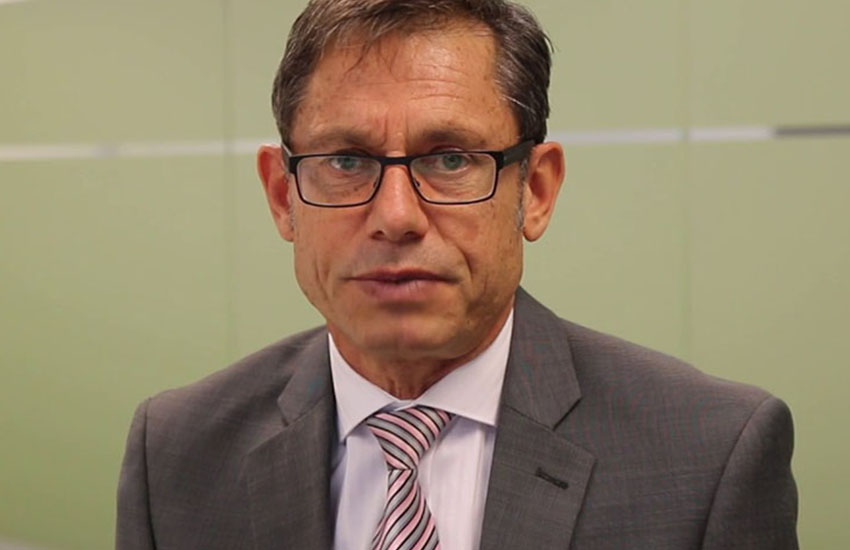With businesses now reporting through Single Touch Payroll, employees will no longer receive an end-of-year payment summary from their employer, and will instead receive an income statement that can be accessed through their myGov account or their tax agent.
You’re out of free articles for this month
Employers will have until 31 July 2019 to finalise their Single Touch Payroll data in the 2018–19 financial year, with that date to change to 14 July each year subsequently.
The information available in early July may not be accurate until the employer completes the finalisation process. Until this happens, employment income will show a notation “tax not ready”.
Should employees choose to use information from an unfinalised income statement to lodge their tax return, they will need to acknowledge that their employer may finalise their income statement with different amount and that they may need to amend the tax return and that additional tax may be payable.
Further, taxpayers lodging early will be unlikely to receive the government’s promise of an increase to the low and middle-income tax offset to $1,080 as Parliament is not set to resume until the first week of July.
The ATO has since stated that it will be able to implement the increased LMITO payments as soon as legislation passes, without the need for taxpayers to seek amendments.
“If the legislation passes before 1 July 2019, this will be done in the normal way through assessments. If the legislation passes on or after 1 July 2019, the ATO will automatically amend assessments, with no requirement for the taxpayer to lodge another tax return or seek an amendment,” the Tax Office said last month.
The Institute of Public Accountants general manager of technical policy Tony Greco said that, while there may be a strong incentive for taxpayers to lodge early to access a refund, the new changes were worth considering before they jumped the gun.
“Our advice is that unless you have certainty and completeness around the information used to finalise your return, we are encouraging all taxpayers to rethink lodging returns early this year especially in light of the above changes,” Mr Greco said.
“Consistent with prior years, third-party data such as dividends, interest, share disposals etc is progressively uploaded onto the ATO systems during the month, so it normally takes some time for the pre-fill information to be finalised.
“The ATO has the right to auto-amend a return, which it has been doing for discrepancies, but interest and penalties can be applied by the ATO.”
This email address is being protected from spambots. You need JavaScript enabled to view it.
Jotham Lian
AUTHOR
Jotham Lian is the editor of Accountants Daily, the leading source of breaking news, analysis and insight for Australian accounting professionals.
Before joining the team in 2017, Jotham wrote for a range of national mastheads including the Sydney Morning Herald, and Channel NewsAsia.
You can email Jotham at: This email address is being protected from spambots. You need JavaScript enabled to view it.

 Login
Login







